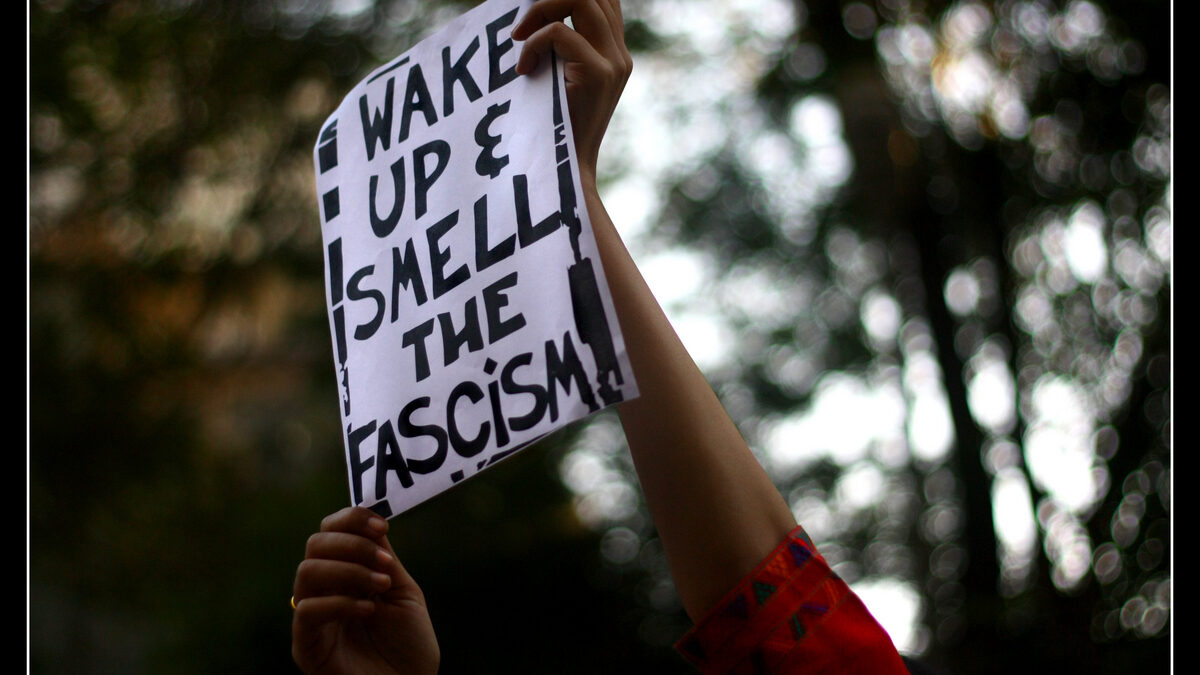
Protecting Commercial Tenants During COVID-19 Shutdowns
Rent moratoriums & protections from evictions is the need of the hour
Small business owners and tenants in commercial premises have been struggling to pay rent due to the shutdowns imposed to fight the COVID-19 pandemic in India. Rent liabilities (as operational expenses) are adding further financial strain on stressed businesses who are seeking relief from making rent payments under their respective commercial lease agreements.
While several countries have introduced measures to protect tenants during the COVID-19 crisis, no relaxations have been provided in India to commercial tenants who cannot pay their rent.
As the length of business shutdowns grows, so will the scope and magnitude of issues and losses that landlords and tenants need to navigate. Hence, in the current economic climate in India, marked by the loss of revenue streams and prevailing financial uncertainty, the government needs to introduce immediate measures to protect commercial tenants. This blog lists some measures that can be adopted.
‘Force Majure’ protections under contract law are insufficient
Contract law provides some guidance on the rights and remedies available to tenants during unforeseen circumstances such as the Covid-19 pandemic.
In contract law, clauses pertaining to ‘Force Majeure’ events such as natural and man-made disasters (floods, war, earthquakes etc) excuse the affected party from their obligations under the contract as such events render the performance of the contract impossible.
The interpretation of such ‘Force Majeure’ clauses by courts depends on the way these are drafted, and invocation of the Force Majeure clause in commercial lease contracts is possible only if it is incorporated as an express clause, i.e., with terms that have been specifically mentioned and agreed by both parties at the time the contract is made.
However, the Force Majeure clauses may not always be incorporated in a lease contract, unlike other commercial contracts. In the absence of a Force Majeure clause in lease contracts, no relaxation in payment of rent, even during COVID-19 lockdown, can be granted to lessees/tenants.
Other measures have also proved inefficient
Under the Indian Contract Act, 1872, the tenant is still entitled to raise the plea of ‘Frustration’, in the absence of a Force Majeure clause in the contract. This will render the contract void on grounds of impossibility of performance. However, this is not always easily invoked by tenants.
Recently, the Delhi High Court in Ramanand and Ors v Dr. Girish Soni (2020), rejected a tenant’s plea for suspension of rent during the lockdown on grounds of the doctrine of frustration. The Court held that the impossibility of performance would not apply to lease agreements and other similarly situated contracts which are ‘executed contracts’ and not ‘executory contracts’. Executed contracts are contracts that have been completely performed. For example, a lease where the lessee obtains possession and payment is made in the duration of the terms of the agreement. However, under executory contracts, the terms of a contract still remain to be done by the parties.
Rent protections by other countries during COVID-19
• The United States, through the CARES Act (Coronavirus Aid, Relief, and Economic Security Act), has declared a 120-day moratorium during which landlords are prohibited from initiating eviction proceedings due to non-payment of rent or charging rent, fees, penalties or other charges. These protections extend for 120 days from enactment (March 27th, 2020).
• The Australian Government has also waived rent payment obligations for all small and medium enterprises and not-for-profit tenants within owned and leased property across the country.
• In the United Kingdom, Section 82 and 83 of the Coronavirus Act, 2020, protects business tenancies in England, Wales and Northern Ireland from the landlords right of re-entry or forfeiture in case tenants are unable to pay rent. A landlord cannot initiate any legal action to evict such a tenant during such period and no courts can pass an order dispossessing such tenants under this law.
Immediate measures required in India
To address the immediate needs of commercial tenants reeling due to the losses during COVID-19 lockdown, some measures that can be taken are as under:
1. Moratorium should be imposed on payment of rent
Rent payment obligations under commercial leases may be suspended through the imposition of a moratorium by respective State Governments under their Rent Control Acts.
Currently, there are no laws providing for a rent moratorium. Legislative subjects of land, rights in or over land, land tenures including relations of landlord and tenant and collection of rent, are under Entry 18, List II under the VIIth Schedule of the Indian Constitution, and all rental contracts fall within the purview of the respective State Rent Control Acts.
Hence, State Governments, in co-ordination with Ministry of Housing and Urban Affairs, should be encouraged to enact appropriate rules/regulations within their respective Rent Control Acts to provide for a moratorium on rent payment in all commercial premises for a prescribed period which includes the period during and after COVID-19 lockdown.
For example:
• In the NCT of Delhi, the Central Government can make provisions for rules for rent-related matters to impose a moratorium framework through Section 56 of the Delhi Rent Control Act, 1958.
• Similarly, the Government of Maharashtra has the power to make rules under Section 57 of the Maharashtra State Control Act,1999, to impose a similar moratorium framework applicable within the State.
2. Duration of exemption should be for a longer period
In order for the moratorium period to alleviate the problems of the tenants and lessees, the period of exemption from payment of rent should include not only the lockdown period, but also a further period of three months thereafter. Relaxations of a similar nature and relief package has been issued by the Reserve Bank of India in favour of borrowers of term loans and working capital loans to mitigate the burden of debt servicing, through the imposition of a moratorium period till August 31, 2020 on payment of all instalments and term loans.
3. Temporary hold of evictions should be made
State Governments in India can adopt the best legislative practices of other countries such as the United Kingdom or the United States, and one such legislative measure is to order a stay on eviction of tenants. The Ministry of Home Affairs, in an order dated March 29, 2020, provided for the protection of labourers, including migrant workers, from being evicted from their rented accommodation, but it was later withdrawn on May 18, 2020.
The proposed stay on eviction may even be extended for a further period of three months after the lockdown is lifted contingent upon the requirements in the respective States. To achieve this objective, suitable amendments need to carried out in the State Rent Control Acts .Such a move will also apply to commercial tenants who are unable to meet their rent payment obligations due to the impact of the lockdown.
This is Part 1 of the two-part series on protections to commercial tenants in India which explains the immediate measures that can be taken by the Government. Part 2 suggests long-term measures which can be adopted by the Government to provide protection to tenants during future epidemics and disasters.
Views are personal.



